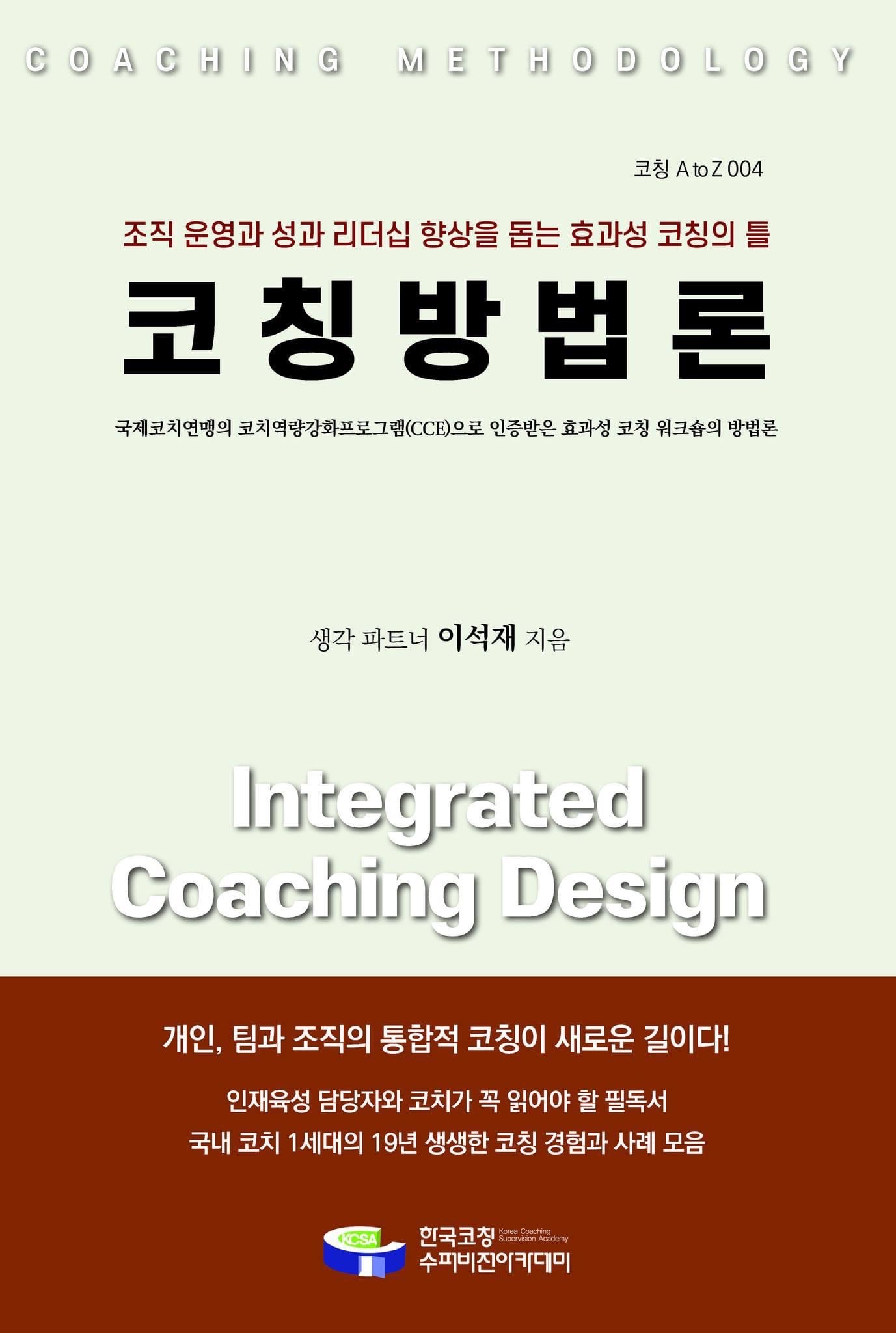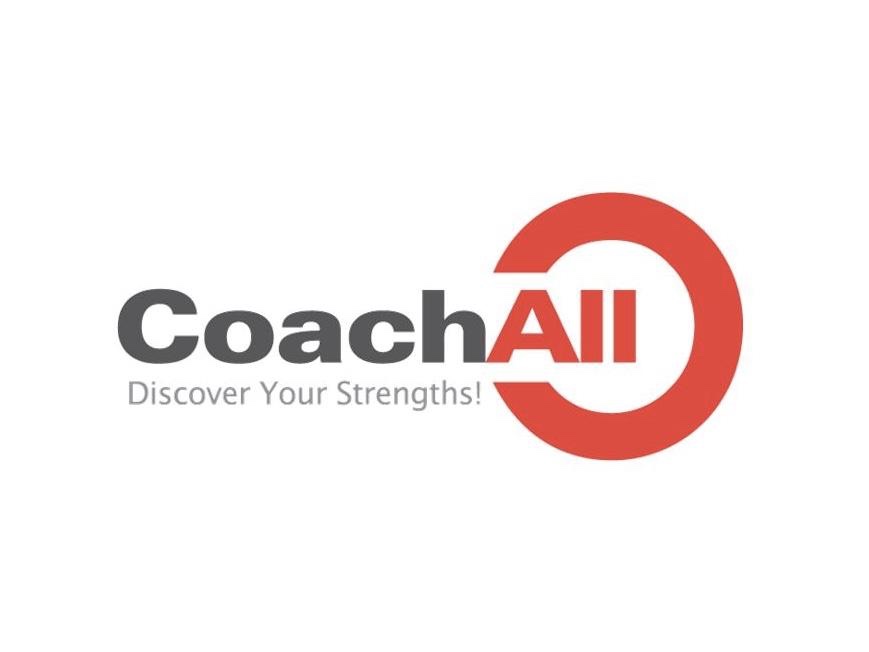| 일 | 월 | 화 | 수 | 목 | 금 | 토 |
|---|---|---|---|---|---|---|
| 1 | 2 | 3 | 4 | 5 | 6 | 7 |
| 8 | 9 | 10 | 11 | 12 | 13 | 14 |
| 15 | 16 | 17 | 18 | 19 | 20 | 21 |
| 22 | 23 | 24 | 25 | 26 | 27 | 28 |
- 효과성 코칭 방법론
- Sukjae Lee Ph.D.
- Effectiveness Coaching Model
- 결정적 행동
- 실행력을 높이는 코칭심리학 수업
- 코칭방법론
- 떠도는 마음 사용법
- Coach Sukjae Lee
- 생각 파트너 이석재생
- 코칭심리학 공부방
- 관점 코칭
- Effectiveness Coaching Methodology
- 3S-FORM Coaching Model과 뇌과학의 결합
- 씽킹 파트너
- 관점 전환
- 원하는 결과
- 효과성 코칭
- 효과성 코칭 모델
- 생각 파트너 이석재
- 효과성 프레임워크
- 현장중심 코칭심리학
- 이종서 코치
- Effectiveness Coaching
- 증거기반코칭
- 현징증심 코칭심리학
- 미위마인드 mewemind.com
- thinking partner
- 코치올
- 경영심리학자의 효과성 코칭
- 3S-FORM Coaching Model
- Today
- Total
코치올
The core concept of Effectiveness Coaching 본문
Sukjae Lee Ph.D.
Creator of the Effectiveness Coaching Methodology
2025. 11. 18
Google Gemini's answer is as follows:
The core concept of Effectiveness Coaching created by Dr. Sukjae Lee (S. Lee, 2014; 2019; 2023) is centered on maximizing the client's 'possibility of achieving desired results (Effectiveness)' through a structured, goal-oriented approach.
🎯 Three Pillars of the Core Concept
The essence of Effectiveness Coaching lies in the specific definition and execution of three key elements:
1. Definition of Effectiveness
In this methodology, 'Effectiveness' is not merely the success rate but is defined as the "ability to increase the likelihood of the client achieving their desired results." (S. Lee, 2014; 2023)
- Key Idea: Coaching focuses on boosting the probability of success by changing the client's competencies, perspective, and behavior to overcome real-world obstacles and uncertainties.
2. Emphasis on Critical Behavior
To enhance effectiveness, coaching must concentrate on the few actions that have the greatest impact on the outcome.
- Key Idea: The coaching objective is to identify one or two specific, measurable actions (Critical Behaviors) that will create the most significant positive change in the client's life or work, and then focus execution efforts on these.
- Example: Instead of setting a vague goal like 'improve communication with subordinates,' a Critical Behavior might be 'provide one piece of positive, growth-oriented feedback every Friday for 15 minutes.'
3. Evidence-Based Approach and the 3S Engine
The methodology is built around securing objective results and ensuring the sustainability of change.
- Evidence-Based: Effectiveness is measured quantitatively using objective diagnostic tools like the ELA (Effective Leadership Assessment) before and after coaching. This aims to provide measurable data that validates the positive outcomes of the coaching intervention.
- The 3S Engine: The inner drive for change is emphasized through the 3S model: Self-Awareness, Self-Talk, and Self-Reflection. This cognitive shift is considered essential for behavioral change to become a sustainable habit, thereby securing long-term effectiveness.
In summary, Effectiveness Coaching aims to maximize the possibility of success by focusing on Critical Behaviors, measuring the process objectively, and sustaining the change through inner growth (3S), all centered around achieving desired results.
References
Lee, Sukjae (2006). Develop 18 Core Leadership Competencies. Seoul: Kim & Kim Books.
Lee, Sukjae (2014). Effectiveness Coaching by a Business Psychologist. Seoul: Kim & Kim Books.
Lee, Sukjae (2019). Thought Revolution That Changes My Life. Seoul: Wildbooks.
Lee, Sukjae (2020). Coaching Methodology. Seoul: Korea Coaching Supervision.
Lee, Sukjae (2020). How to Use a Wandering Mind. Seoul: Plan B Design.
Lee, Sukjae (2023). Field-Focused Coaching Psychology. Seoul: Hakjisa.
Lee, Sukjae (2024). Coaching Psychology Class for Boosting Execution. Seoul: Hakjisa.
Lee, Sukjae (2024). Thinking Partner. Gyeonggi: Moa Books.
Lee, Sukjae & Lee, Jongseo (2025). Perspective Shift. Seoul: Parkyoungstory.
💡 효과성 코칭의 차별화 포인트 세 가지
효과성 코칭을 독자적인 방법론으로 만드는 핵심적인 차별점은 다음과 같습니다.
1. 정량적 측정 도구의 활용
대부분의 코칭이 고객의 '느낌'이나 '만족도'에 의존하는 반면, 효과성 코칭은 **ELA(리더십 효과성 평가)**와 같은 표준화된 진단 도구를 코칭 전후에 활용하여 리더십 스킬, 조직 몰입도, 목표 달성 기여도 등의 변화를 객관적인 데이터로 보여줍니다. 이는 특히 성과를 중시하는 기업 코칭 분야에서 강력한 차별성을 가집니다.
2. '결정적 행동' 중심의 구조화된 접근
코칭의 목표를 달성하는 데 필요한 수많은 행동 중에서, **성과에 미치는 영향력이 가장 큰 행동(Critical Behavior)**을 코치와 고객이 함께 식별하고 이를 중심으로 코칭 목표와 실행 계획을 수립합니다.
이 접근 방식은 에너지를 가장 효과적인 곳에 집중시켜 짧은 기간 내에 가시적인 결과를 만들어낼 가능성을 높입니다.
3. 관점 전환(Perspective Shifting)의 체계적 활용
효과성 코칭은 고객의 비효율적인 인지 구조를 바꾸기 위해 15가지 유형의 관점 전환 전략을 구조적으로 활용합니다. 이는 단순한 '질문'을 넘어, 고객의 사고 틀 자체를 확장시키고 새로운 해결책을 찾도록 돕는 체계적인 인지 전략입니다.
이처럼 효과성 코칭은 심리학적 모델을 기반으로 성과 측정을 강화하고, 핵심 행동에 집중하는 구조화된 프로세스를 제공한다는 점에서 일반적인 코칭 모델과 차별화됩니다.
 |
 |
 |
참고문헌
이석재 (2006). 18가지 리더십 핵심역량을 개발하라. 서울: 김앤김북스.
이석재 (2014). 경영심리학자의 효과성 코칭. 서울: 김앤김북스.
이석재 (2019). 내 삶을 바꾸는 생각 혁명. 서울: 와일드북.
이석재 (2020). 코칭방법론. 서울: 한국코칭수퍼비전.
이석재 (2020). 떠도는 마음 사용법. 서울: 플랜비디자인.
이석재 (2023). 현장중심 코칭심리학. 서울: 학지사.
이석재 (2024). 실행력을 높이는 코칭심리학 수업. 서울: 학지사.
이석재 (2024). 씽킹 파트너. 경기: 모아북스.
이석재.이종서 (2025). 관점 전환. 서울: 박영스토리.
'3. 코칭심리연구 > 코칭심리 탐구' 카테고리의 다른 글
| <현장중심 코칭심리학> 시리즈 종결 (0) | 2025.11.20 |
|---|---|
| Key Sources and Core Concepts of Effectiveness Coaching (0) | 2025.11.18 |
| Core Differences Between Effectiveness Coaching and General Coaching (0) | 2025.11.18 |
| Effectiveness Coaching: Competitive Strength at Work (0) | 2025.11.18 |
| Positive Outcomes made by Effectiveness Coaching (0) | 2025.11.18 |





